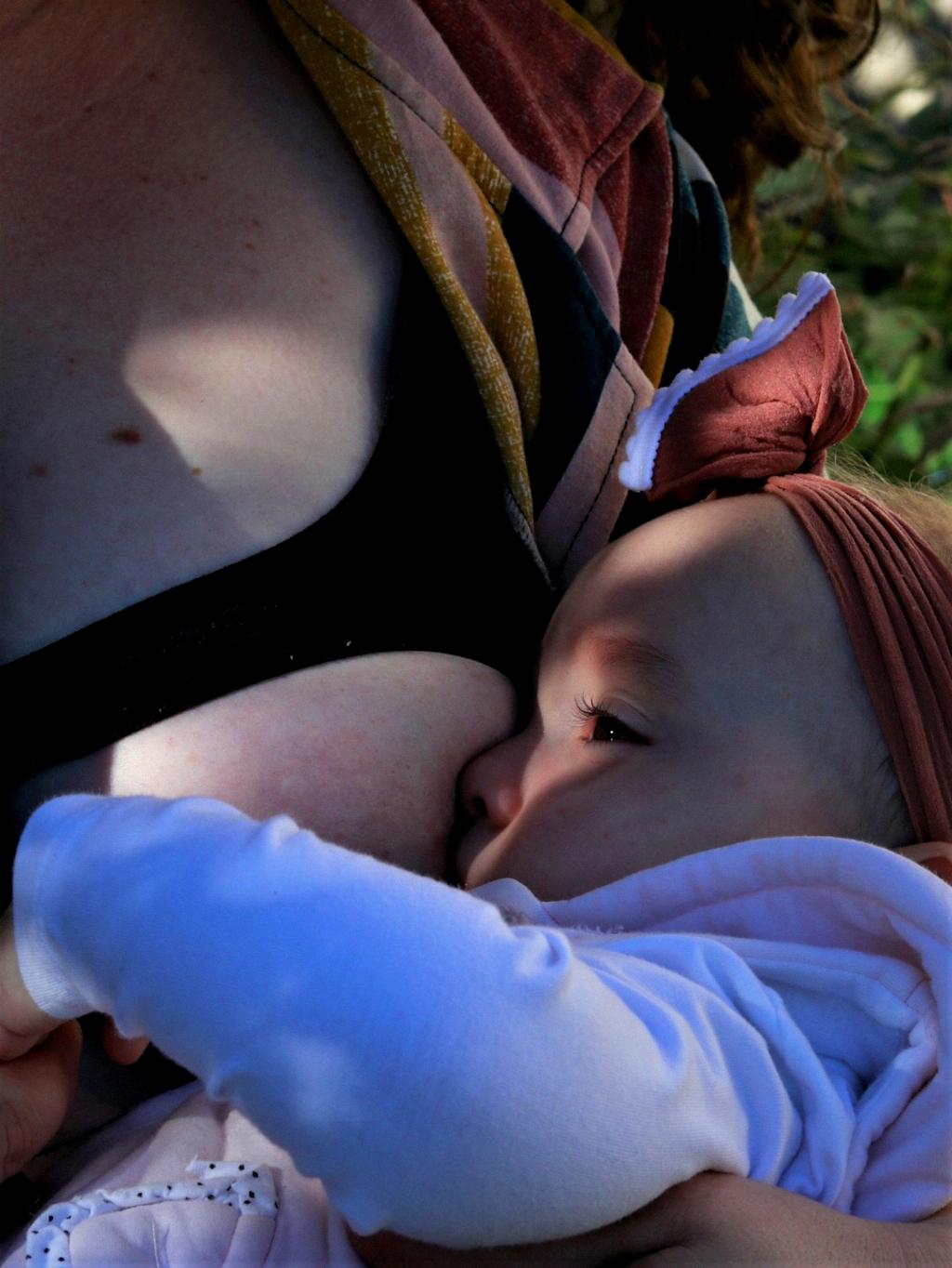Knowing when you have a letdown is crucial for successful breastfeeding. It’s a natural process where your body releases milk to feed your baby. While each mother’s experience may vary, there are common signs that indicate a letdown.
The Tingling Sensation
One of the most prominent signs of a letdown is a tingling sensation in your breasts. This tingling can feel like pins and needles, signaling that milk is about to flow. Some describe it as a pins-and-needles sensation, a gentle reminder that your baby is ready to nurse.
Sudden Fullness and Pain
Another indication of a letdown is a sudden feeling of fullness in your breasts. This sensation can range from mild to intense, with some mothers experiencing pain or discomfort as their breasts prepare to release milk. It’s normal to feel a strong, sometimes overwhelming sensation of fullness during a letdown.
Leaking Milk
During letdown, you may notice milk leaking from the other breast. This leakage occurs because letdown typically happens simultaneously in both breasts. This natural process ensures that your baby has a steady milk supply during breastfeeding sessions.
Visual or Auditory Cues
Aside from physical sensations, some mothers notice visual or auditory cues when experiencing a letdown. You may see your baby’s sucking pattern change, become more frequent, or hear audible swallowing sounds as milk begins to flow. These cues can help you recognize when a letdown is occurring.
Emotional Responses
For some mothers, letdown triggers emotional responses such as relaxation, happiness, or even an intense urge to bond with their baby. These emotional reactions are completely normal and showcase the close connection between breastfeeding and the nurturing bond with your child.
Timing and Frequency
The timing and frequency of letdown can vary from mother to mother. Some may experience letdown more frequently, while others have a more consistent pattern. Understanding your body’s unique signals and patterns can help you anticipate and respond effectively to each letdown.
Practice and Awareness
Learning to recognize the signs of letdown takes practice and awareness. By paying attention to your body’s cues and responses during breastfeeding, you can become more attuned to the subtle changes that signal a letdown. With time and experience, identifying a letdown will become second nature.
Positioning and Comfort
Ensuring proper positioning and comfort during breastfeeding can also enhance your awareness of letdown. Relaxing in a comfortable environment, using supportive pillows, and finding a relaxing breastfeeding position can help you focus on the signs of letdown without distractions.
Consulting a Lactation Consultant
If you have difficulty identifying or experiencing letdown, consider consulting a lactation consultant for guidance and support. These professionals can provide personalized assistance, tips, and strategies to help you maximize the breastfeeding experience and ensure your baby receives the nourishment they need.
Consistency and Persistence
Remember that recognizing letdown is a learning process that requires consistency and persistence. Be patient with yourself and trust in your body’s natural ability to nourish and nurture your baby. With time and dedication, you will become more adept at identifying and responding to letdown cues.
Embracing the Bond of Breastfeeding
Ultimately, understanding when you have a letdown is part of the beautiful journey of breastfeeding and the deep bond it fosters between you and your baby. Embrace the unique experience of breastfeeding, trust in your instincts, and celebrate the intimate connection that letdown signifies in the nourishment of your little one.

